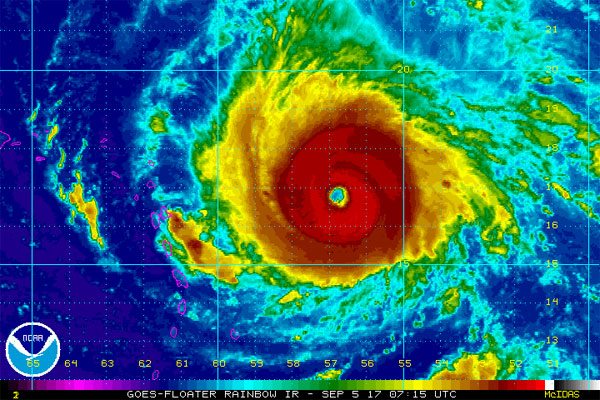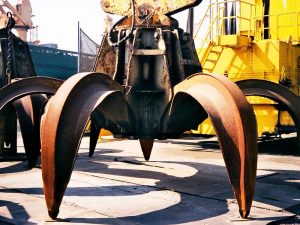
September 13, 2017; Orlando Sentinel
When Hurricane Harvey was bearing down on Texas at the beginning of September, it was compared to Katrina. Like Katrina, it was expected to be a historic tragedy that we would be talking about for years to come. And, sadly, it was. Then, the next week, there was Irma, devastating island after island in the Caribbean before slamming into Florida. Then, the week after that came Maria—another monster hurricane. The news out of Puerto Rico, already battered by Irma, was heartbreaking, with the entire population of 3.5 million without power; full power is not expected to be restored for up to six months. The full scale of the catastrophe won’t likely be known for weeks or even months.
With so much historic tragedy in the space of a month, it is easy to forget the quiet disasters befalling people who nominally weathered the storms well. In hard-hit Central Florida, where wages are below the national average, the damage from the storm is multiplied by the difficult financial situation of many families who were struggling even before a disaster was added into the mix. More than 40 percent of families in the region struggle to cover the basics like food, transportation, and shelter, according to the Orlando Sentinel.
“Nearly half of our community is one paycheck away from financial crisis,” Vickie Martin, executive director of Christian HELP in Casselberry, Florida, said in an interview with the Sentinel on the impact of Hurricane Irma on people who were already living paycheck to paycheck before the disaster. “So, when a hurricane keeps them from working and they have to make repairs, there is some bill that is not going to get paid—their rent, their car payment, something essential.”
Even people who were lucky enough to come home to minimal damage from the hurricane at the very least lost power for long enough that the food in their refrigerator spoiled and had to be thrown out.
Sign up for our free newsletters
Subscribe to NPQ's newsletters to have our top stories delivered directly to your inbox.
By signing up, you agree to our privacy policy and terms of use, and to receive messages from NPQ and our partners.
“You think about it, a refrigerator can hold a pretty significant amount of income,” Eric Gray, executive director of United Against Poverty in Orlando, told the Sentinel. “And if you have children who are usually eating (free) school lunches, and now they’re at home, that’s going to take another toll. And if you can’t go to work because they’re home and you have to take care of them, that may be the biggest hit of all. There’s no making up that income.”
United Against Poverty itself, reportedly one of the busiest nonprofits in the state, had to throw out thousands of dollars’ worth of spoiled food after the low-cost grocery store it runs lost power—all while continuing to help their clients meet their immediate needs after the hurricane passed.
While some companies—like Disney World—paid employees for work missed while they were closed during the storm, and nonprofits stepped in to help with some emergency expenses and food, for the most part these costs will have to come out of people’s pockets, where they can add up quickly and have lasting consequences.
NPQ has reported on the long-term impact of disasters on the victims and on the nonprofits who help them, many staffed by employees living paycheck-to-paycheck themselves as they work to help their neighbors in similar straits.—Nancy Young











